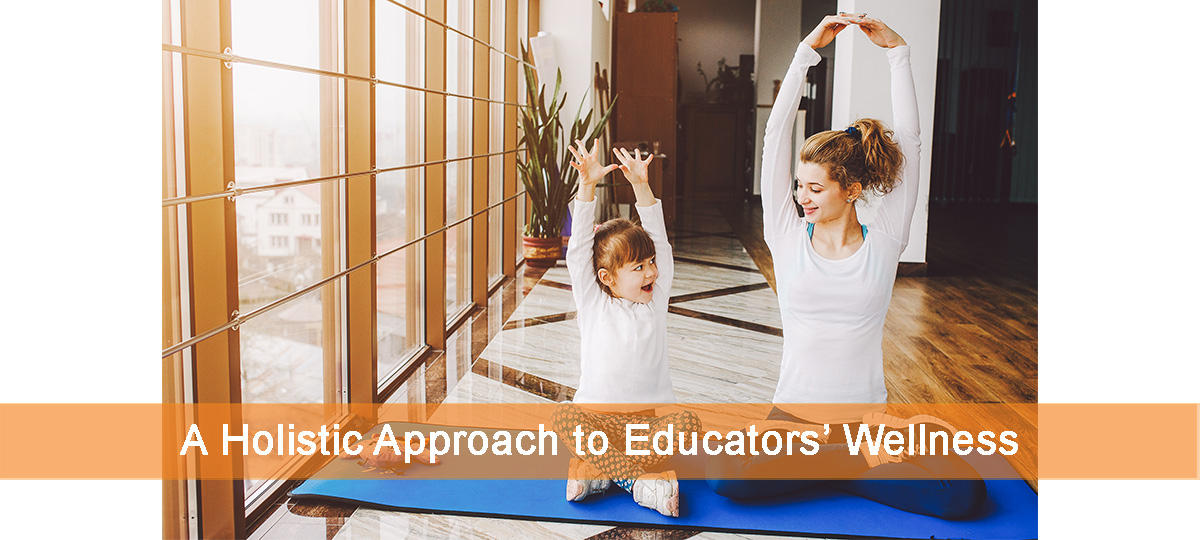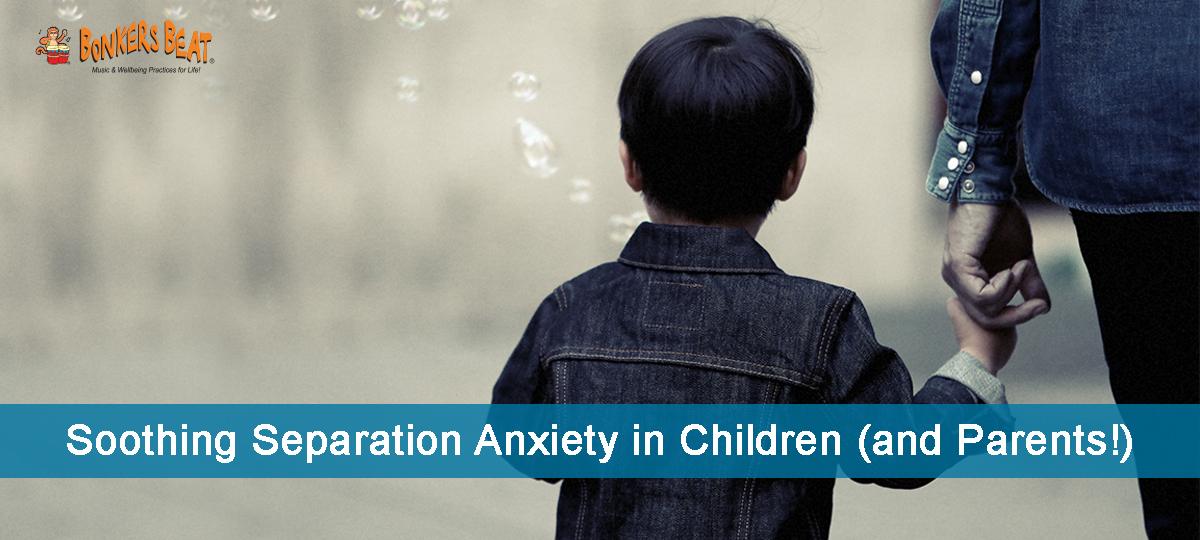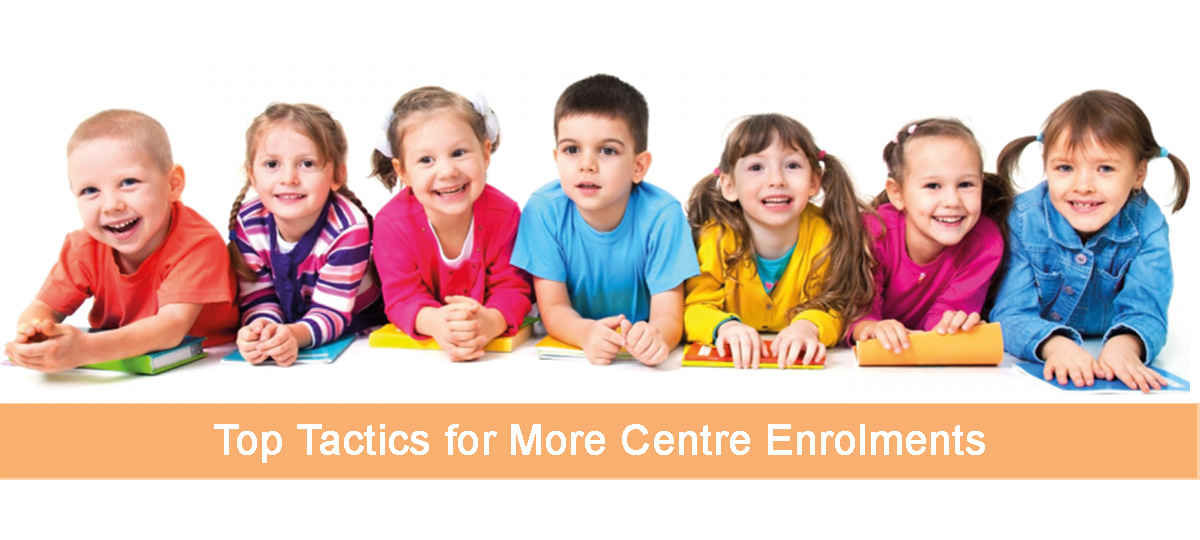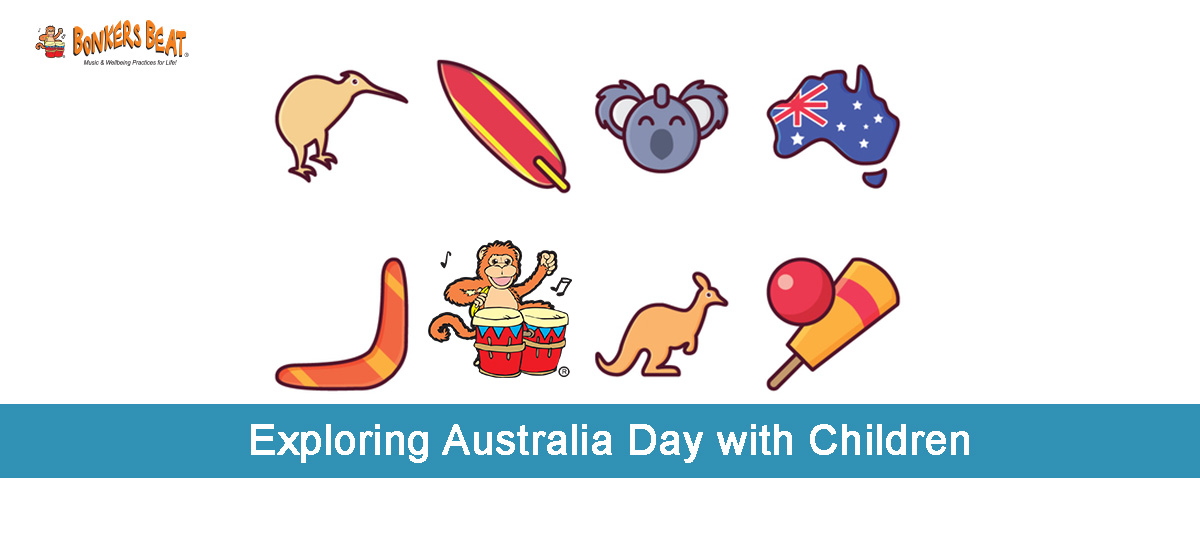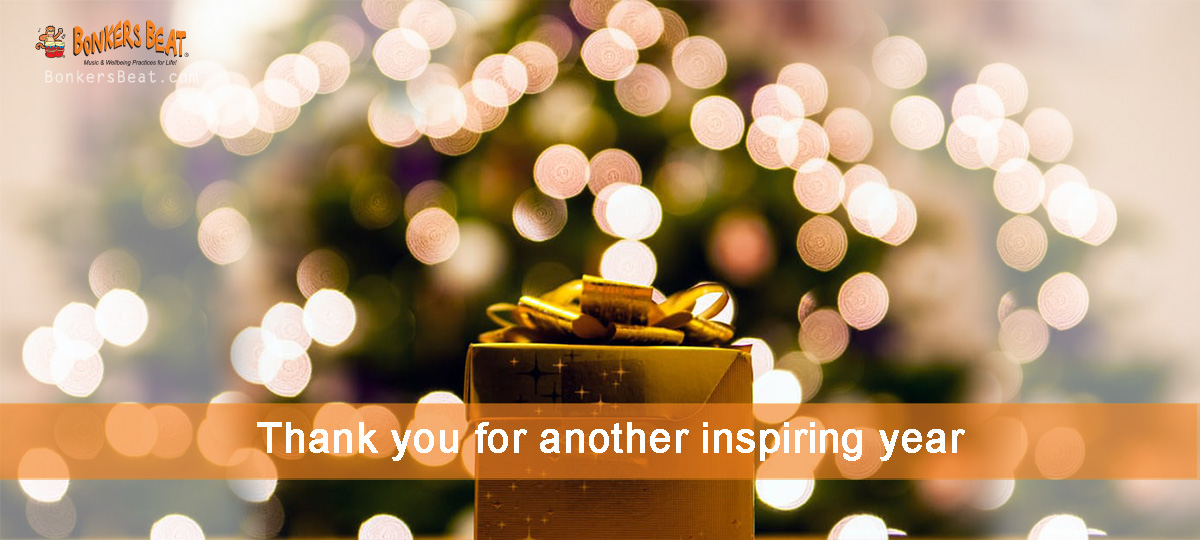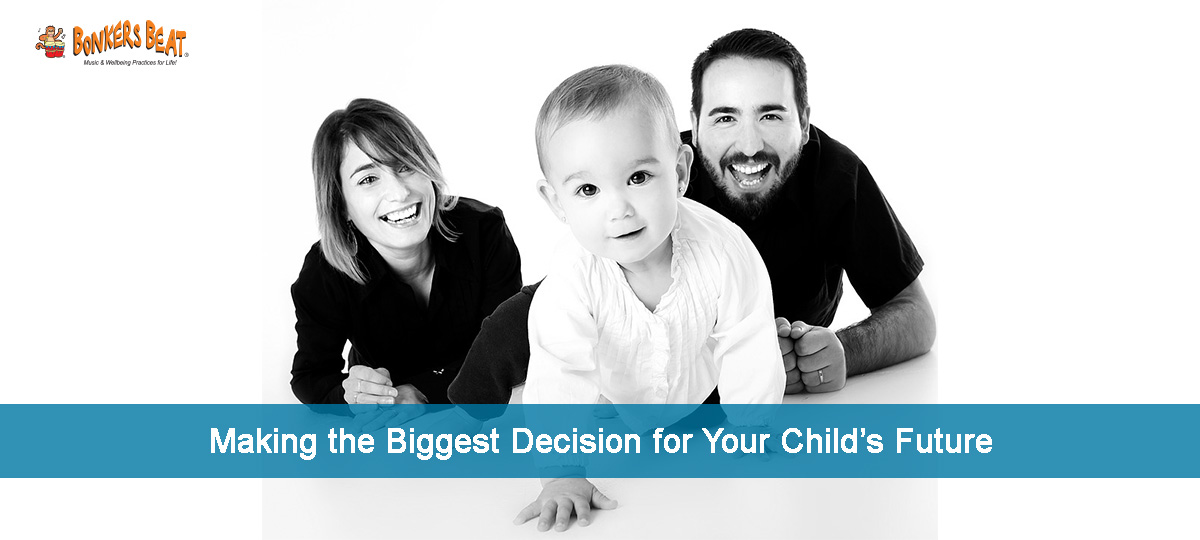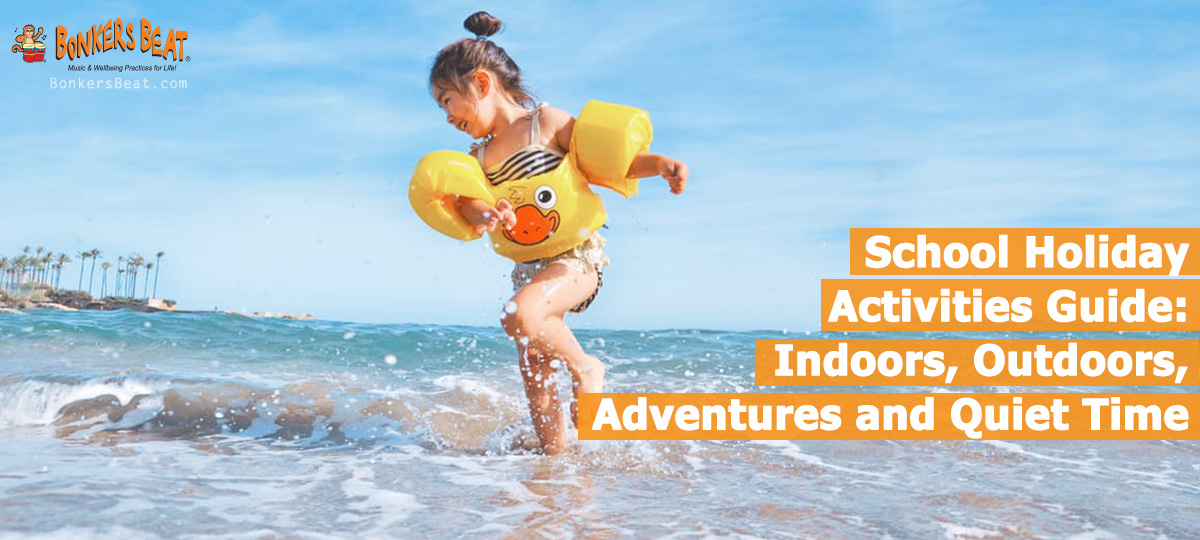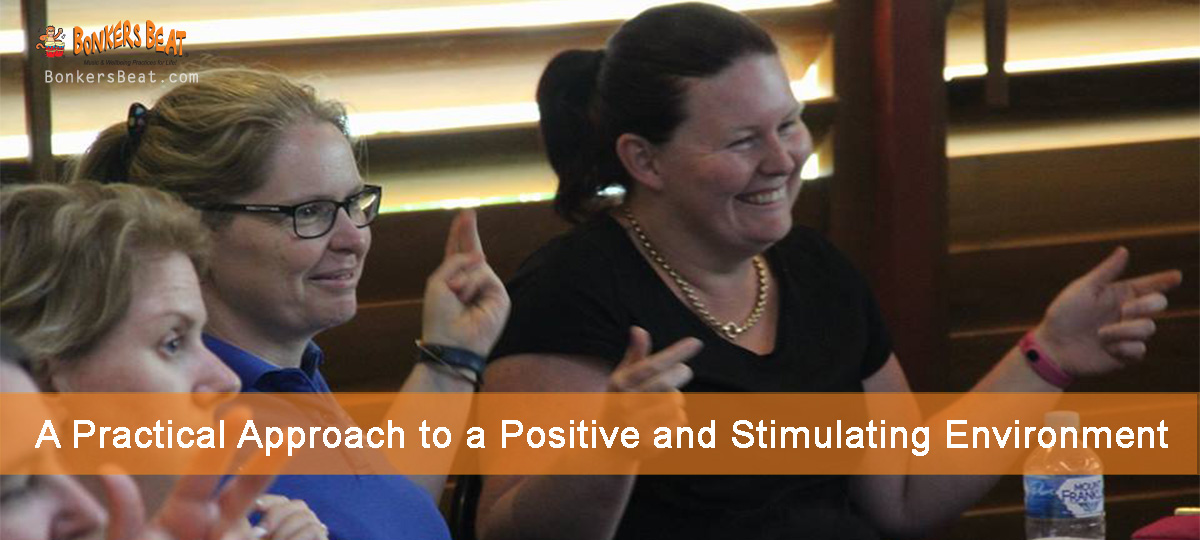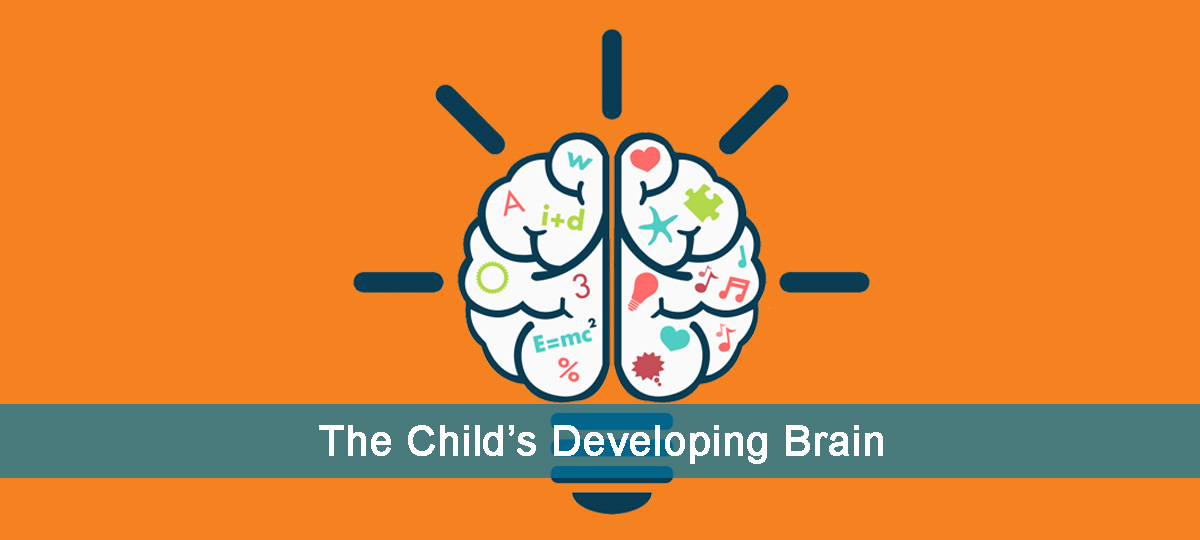If you focus on the wellbeing of the children in your care but perhaps don’t do enough for the mental health of your educators, you’re not alone.
As early childhood educators it’s only natural that our emphasis on wellbeing and health usually focuses on the children in our care. However, the wellness of educators is vital too and can have an impact on children in their care.
Thankfully, you can tackle both with the one holistic approach.
The importance of educator wellbeing
In order to deliver the best outcomes for children, we need to ensure the health and wellbeing of educators is taken care of.
According to a 2014 paper on the subject of childcare providers’ mental health, is it essential that we prioritise educator wellbeing. The paper specifically states:
“Childcare providers’ mental health is important for their well-being and its potential impact on turnover and care quality”.
This is alarming, yet not entirely surprising. If an educator’s is physically unwell, we understand they will not be capable of performing to the best of their ability. Mental health should be considered similarly. That is, if an educator’s mental health needs attention, their work will suffer too.
How can we do better?
The mental health of educators impacts staff retention, quality of care delivered to children – not to mention the personal overall wellbeing of the individuals themselves.
With this knowledge, we as an industry must consider how we can do better.
We believe a greater focus on the mental and physical wellness of children and educators is a must.
A priority of our Bonkers Beat training is to help educators to learn the knowledge and practical tools they need to improve the overall wellbeing.
The wellbeing education of children should start from educators self education and their own wellbeing.
A focus on wellbeing practices in centres
We see more and more centres promoting yoga, meditation and music to attract families, but the key is in how we embed these practices in centres.
The benefits of these approaches to enhancing wellbeing in children – and educators who take part alongside children – will not have the profound impact we desire without consistent, regular, ongoing routines.
At Bonkers Beat we believe that wellbeing practices deserve a daily time slot. Over the past decade we have developed a program dedicated to this. We have now successfully incorporated the wellbeing-enhancing approaches of yoga, meditation and music into various centres across the country. And the results speak for themselves.
Each day we hear about staff becoming more motivated and inspired, children’s behaviour improving dramatically and boosts in family engagement.
Prioritise wellbeing for your educators (and centre) to thrive
For your educators to thrive and flourish, along with the children in their care and of course your centre, switch the focus to wellbeing.
Our Melbourne Bonkers Beat members did just that at our Summer 2017 Wellness Summit last week – click here to take a look.
If you need guidance in doing this, rest assured this is what the Bonkers Beat community does best. You can register your interest in joining us here.

